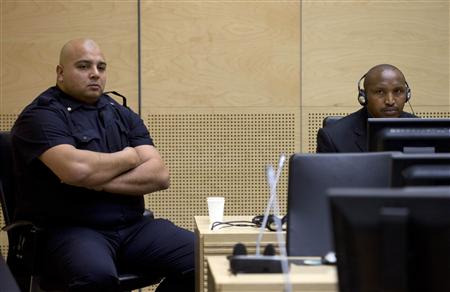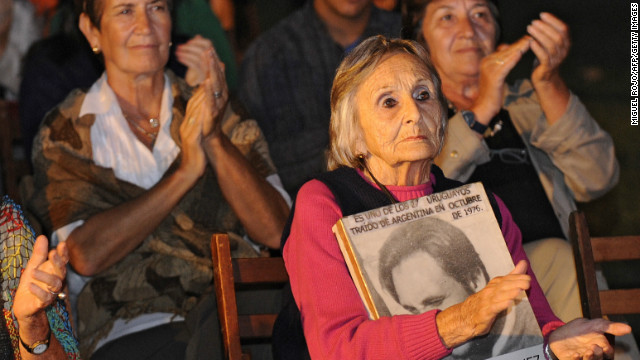| "Destroyed furniture and belongings are seen in a market in Sitkwin March 29, 2013." (Reuters/Soe Zeya Tun) |
By Jason Szep
Reuters dispatch, March 29, 2013
"The Muslims of Sit Kwin were always a small group who numbered no more than 100 of the village's 2,000 people. But as sectarian violence led by Buddhist mobs spreads across central Myanmar, they and many other Muslims are disappearing. Their homes, shops and mosques destroyed, some end up in refugee camps or hide in the homes of friends or relatives. Dozens have been killed. 'We don't know where they are,' says Aung Ko Myint, 24, a taxi driver in Sit Kwin, a farming village where on Friday Buddhists ransacked a store owned by the town's last remaining Muslim. 'He escaped this morning just before the mob got here.' Since 42 people were killed in violence that erupted in Meikhtila town on March 20, unrest led by hardline Buddhists has spread to at least 10 other towns and villages in central Myanmar, with the latest incidents only about a two-hour drive from the commercial capital, Yangon. The crowds are fired up by anti-Muslim rhetoric spread over the Internet and by word of mouth from monks preaching a movement known as '969'. The three numbers refer to various attributes of the Buddha, his teachings and the monkhood. But it has come to represent a radical form of anti-Islamic nationalism which urges Buddhists to boycott Muslim-run shops and services. Myanmar is predominantly Buddhist but about 5 percent of its 60 million people are Muslims. There are large Muslim communities in Yangon, Mandalay and towns across Myanmar's heartland where the religions have co-existed for generations. But as violence spreads from village to village, the unleashing of ethnic hatred, suppressed during 49 years of military rule that ended in March 2011, is challenging the reformist government of one of Asia's most ethnically diverse countries.































